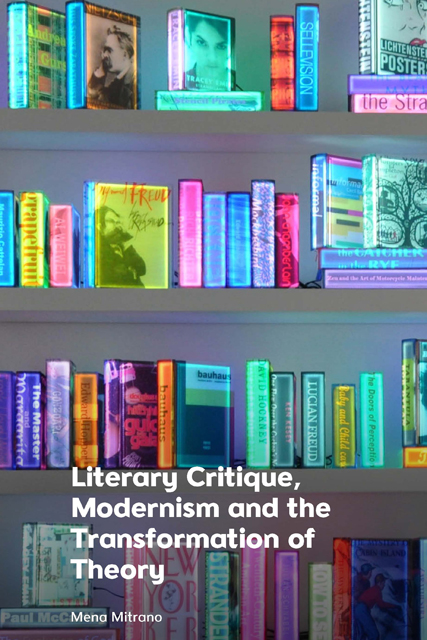Book contents
- Frontmatter
- Contents
- List of Figures
- Acknowledgments
- Introduction
- 1 What is Critique?: Three Types of Indocility
- 2 Theory: Thinking with Literature
- 3 What is a Critic?: Weak Thought, Weak Theory, Italian Theory
- 4 Language: The Return to Saussure
- 5 Tradition: Eliot and Work
- 6 Text and Method: Cixous–Joyce–Lispector
- 7 Poststructuralism: Faith and Lacan
- Conclusion: Depending on Your Neighbor
- Bibliography
- Index
Conclusion: Depending on Your Neighbor
Published online by Cambridge University Press: 25 April 2023
- Frontmatter
- Contents
- List of Figures
- Acknowledgments
- Introduction
- 1 What is Critique?: Three Types of Indocility
- 2 Theory: Thinking with Literature
- 3 What is a Critic?: Weak Thought, Weak Theory, Italian Theory
- 4 Language: The Return to Saussure
- 5 Tradition: Eliot and Work
- 6 Text and Method: Cixous–Joyce–Lispector
- 7 Poststructuralism: Faith and Lacan
- Conclusion: Depending on Your Neighbor
- Bibliography
- Index
Summary
We began with ordinary encounters with others who call on us to understand them. The call seems unavoidably connected with a common need for recognition. Yet, if acts of understanding are one with the activity of interpretation, this suggests the entanglement of interpretation with the problem of recognition. The problem is at once political, philosophical, and ethical, and it has concerned, even shaped, literary criticism, steering it in more experimental, theoretical directions. It accounts, for example, for the centrality of the notion of subjectivity—of scenes of subject formation—in the attempt to understand the ways in which the texts we read reflect or react to the symbolic structures that underpin the social order. It accounts for the insight that we exist through the gaze of another, and the exclusions of this symbolic texture of the human. The distance between reader and text, which we try to bridge in the attempt to understand, does not remain confined to the activity of interpretation but, as Elaine Scarry reminded us (see the Introduction to this book), it is connected to the labor of imagining others (45). This labor has been central to literary criticism in the past decades without this entailing a dispersal or, worse, the death of the discipline. Quite the contrary, what we call critique is ambitious criticism committed to reflection on the uses of literature, not only to expand the latter’s meaning but especially to probe its uses.
As the need arises for a “new breed of thinker” who asks “questions about the nature of reality independently from human thought and from humanity more generally (Bryant et al. 3), this speculative desire prompts us to open our eyes to the network of radical relationality of which the world is made. As scholars appeal to a newfound importance of wonder, hermeneutics, the practice of understanding and interpreting, ceases to be “a privilege of humans” to become “a property of the world itself” (Latour, Reassembling 245). The current critical climate, defined by many as postcritical, far from being a turn away from interpretation, frees this activity from its human confinement and extends it to the world. The challenge is for us to place literature and cultural objects in a larger network of other things but also to argue and write differently. All this invites a re-examination of the central tools of literary studies.
- Type
- Chapter
- Information
- Literary Critique, Modernism and the Transformation of Theory , pp. 239 - 246Publisher: Edinburgh University PressPrint publication year: 2022



